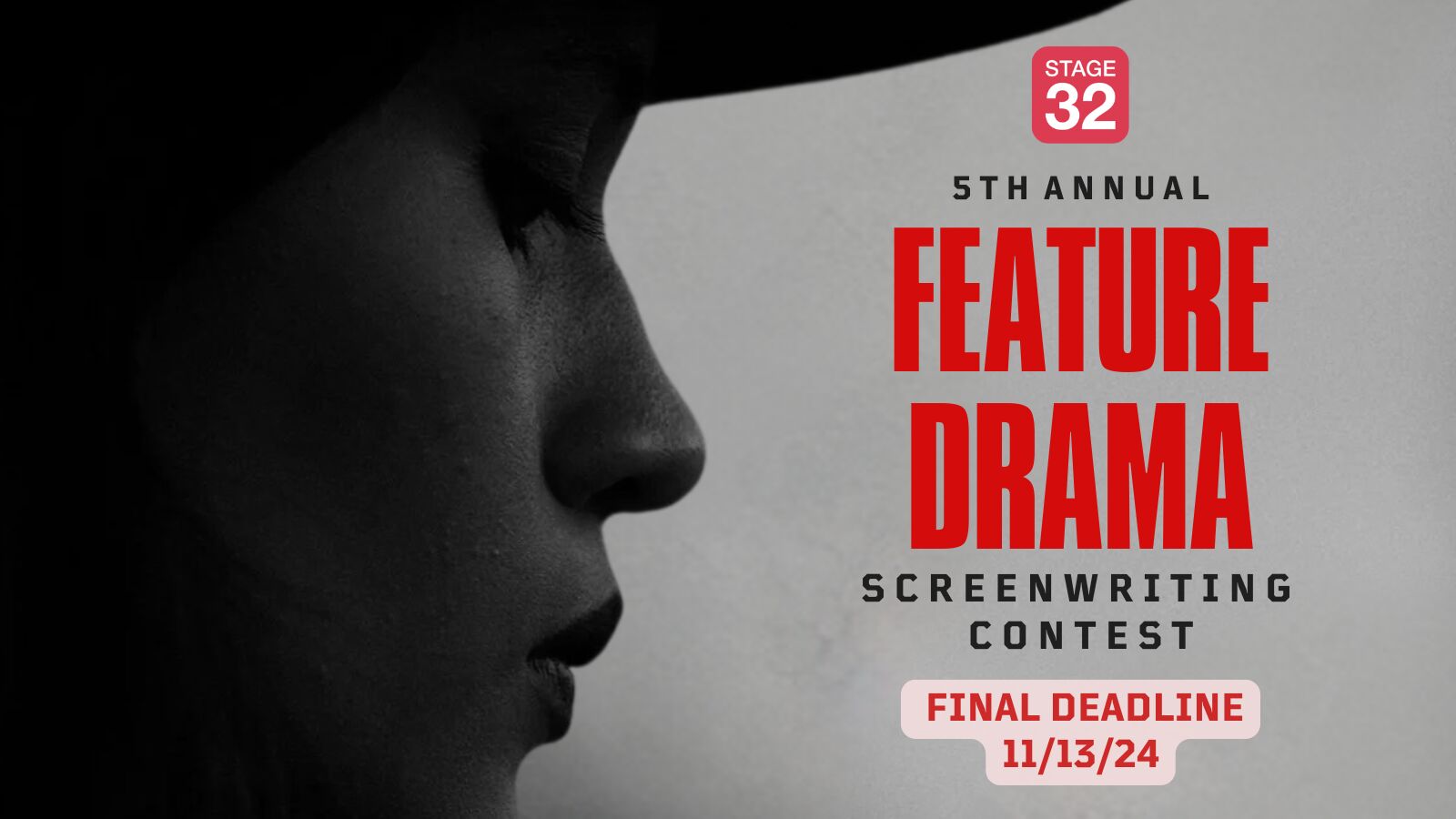Hey folks, this is my first attempt with a full orchestral library (Albion One). I’m on year 2 as a part-time composer and i’ve only ever used factory/free libraries in the past. The piece is not yet mixed or panned, just a raw cut.
https://www.dropbox.com/s/6os2tf68vyp4knl/You%20Can%20Save%20Him%20%28wa...



Cool, Scott. If I were producing the track, I'd add an eighth-note pulse beginning at 0:29. Maybe a soft pedal-point G2 (MIDI not traditional) with spiccato celli or violas. Then change up/add more as the piece grows. But that's me.
Thanks for the feedback, I could definitely see that working.
Great start though what it should actually sound like of course would be totally dependent on the action behind the cue. As this is a practice piece and we have no idea what your 'sound' or 'style' is, I can make some general comments. What I suggest below is for practice purposes, it may not be appropriate for an actual cue.
1. Do delve too much on diotonic and try modulating. This is not a classical piece and does not have to end on the same key it started. experiment with notes and chords that don't exactly fit and stay away from triads.
2. My prof/mentor is constantly pushing me to make things sound more realistic and not just a 'bunch of patches. So for example, make sure all the string legato's are smooth - there are a few places where you samples get jerky and that is a clear giveaway that we are hearing samples.
3. Layering does not mean you can only vary the dynamics. Vary the instrumentation mixture - not all the instruments have to play all the time. Sometimes just a simple violin 1 and violin 2 pianissimo against a woodwind solo could work, for example.
4. My biggest mistake/'issue' that I received feedback for when I first started scoring was ignoring the idiomatics of the instruments I was scoring for. That was why, for example when I first learnt to write for orchestra, I had to take 3 semesters of violin, 3 semesters of clarinet, I wrote a trumpet concerto under a trumpet playing teacher and I took lessons with a Harpist. Those of us who come from the piano and guitar background tend to make our orchestral instruments sound like a piano and guitar playing multiple notes. Here is a challenge - write a cue totally by ear. Do not touch a keyboard when you write it. Don't even play the keyboard on the screen. Lay down the notes one at a time. Start thinking of the role each instrument staff will play and not how it fits into the chord progression. My mentor says I have to think more 'horizontally' and less 'vertically'. If you write for violin, try more idomatic writing - perhaps a pizz or a detache or even a realistic double stop or a gliss. It gets even more fun when you start to write idomatically for say a trumpet or trombone.
5. Start thinking about more effective use of your percussion - not just at the end for emphasis - all the percussion both pitched and unpitched.
6. Composers feel more comfortable write slow allegro or adagio in a minor key. That stuff tends to come easier than an uptempo fast major piece. Try envisioning writing music for a car chase scene, for example - sort of like writing for a James Bond film.
Just to give you an idea of what is possible, try listening to this from a film I scored a few months ago. Our styles may be different, but this could perhaps suggest to you some things you may want to experiment with yourself. The film is about an Amish family where the mother is sick and the son steals money from a drug organization and gives it to the sister (the main actor/actress of the film). Most of the film is about the hit man who comes to the house to kill the son and get back the money from the daughter.
https://soundcloud.com/joelirwin/rumspringa-prelude
BTW - if you read music I can send you a pdf of the score to follow. I score my films with Sibelius and not a sequencer/DAW for various reasons. One is that people around these parts that can give me specific feedback can't read piano roll :)
Thank you for taking the time to write this! I agree, the more a composer learns about the capabilities of the instruments they are writing for, the more realistic the music will come across. When I was in college I did have to take a few methods classes (high strings, brass, double reeds, voice) but they were only about 2 months each.
I will say that I tried to get away from percussion for this piece as a way of getting out of my comfort zone. Percussion is the bulk of my musical background.
I do like your music. There is a great deal of exposure with the instruments that are being used. Your moving lines don't seem to be hiding behind pads :)
Thanks again for your feedback.